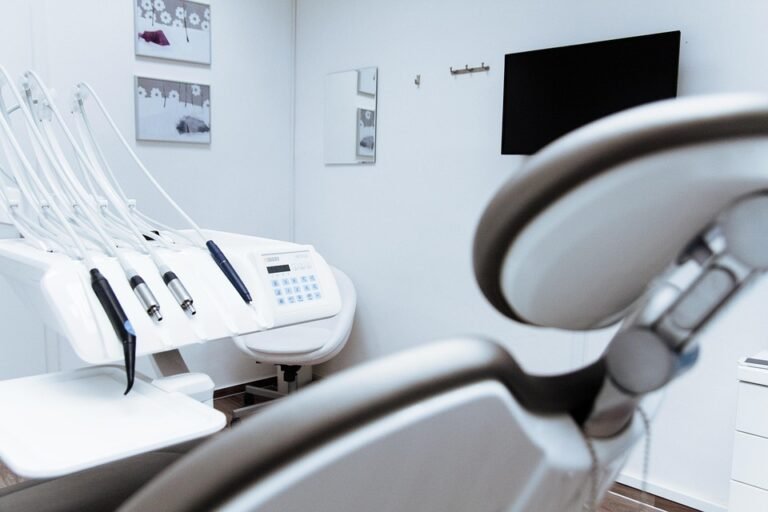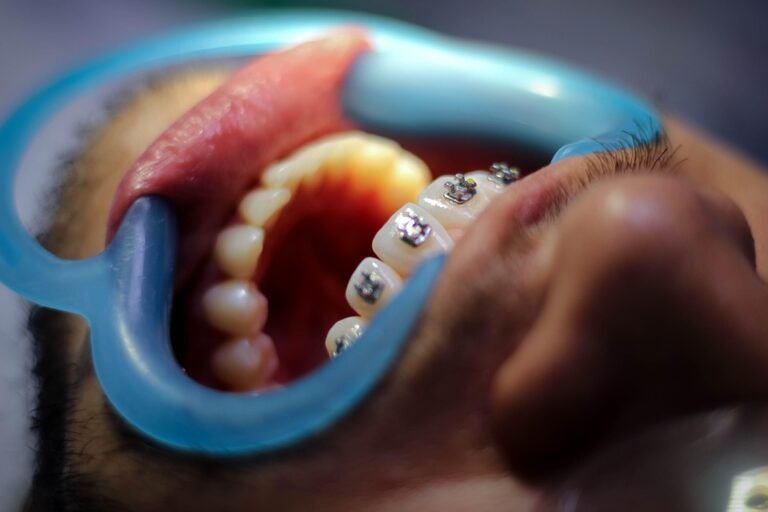How does continuing education help dentists manage risks
Okay, so I’m a dentist, and I’m constantly worried about stuff going wrong. Malpractice lawsuits, patients getting hurt, new regulations I haven’t kept up with, infection control breaches… the list goes on. I hear a lot about continuing education, and I know I’m supposed to be doing more, but sometimes it feels like just another box to check. I want to understand specifically how those extra courses and seminars actually help me sleep better at night.
I’m interested in hearing about practical examples. Like, did you take a course that helped you avoid a specific problem later on? Or learn a new technique that significantly reduced the chances of complications? Does it mainly help with the legal side of things, or is it more about just being a better clinician? What types of CE courses are most beneficial for risk management? Are we talking about specific procedure courses, or more general topics like ethics and patient communication? And are online courses just as effective as in-person ones for this purpose?
Answer
Continuing education (CE) plays a crucial role in helping dentists manage risks across various aspects of their practice. It equips them with the knowledge, skills, and awareness necessary to mitigate potential issues related to patient care, legal and ethical obligations, technological advancements, and overall practice management. Here’s a detailed breakdown of how CE assists dentists in risk management:
1. Enhancing Clinical Proficiency and Patient Safety:
- Staying Updated on Best Practices: Dentistry is a constantly evolving field. New materials, techniques, and technologies are regularly introduced. CE courses enable dentists to stay abreast of these advancements, ensuring they are providing patients with the most effective and evidence-based treatments. This reduces the risk of utilizing outdated or ineffective methods that could lead to complications or substandard care.
- Improving Diagnostic Accuracy: CE courses focused on diagnostic modalities, such as radiographic interpretation, oral pathology, and differential diagnosis, enhance a dentist’s ability to accurately identify and diagnose oral conditions. Accurate diagnosis is paramount for appropriate treatment planning, preventing misdiagnosis, and minimizing the risk of unnecessary or inappropriate interventions.
- Mastering New Techniques and Procedures: CE provides hands-on training and instruction in new dental procedures. This reduces the learning curve associated with adopting new techniques and minimizes the risk of complications or errors during treatment. Simulating procedures in a controlled environment before applying them to patients allows dentists to refine their skills and address potential challenges.
- Understanding Medical Considerations: Many patients present with underlying medical conditions that can impact dental treatment. CE courses on medical emergencies, pharmacology, and systemic diseases relevant to dentistry equip dentists with the knowledge to assess and manage medically complex patients safely. This includes understanding potential drug interactions, contraindications, and necessary precautions to avoid adverse events during treatment.
- Infection Control and Prevention: CE on infection control protocols is critical for maintaining a safe environment for both patients and staff. Regular training reinforces proper sterilization techniques, barrier precautions, and waste management procedures, minimizing the risk of cross-contamination and the spread of infectious diseases.
- Emergency Preparedness: CE courses on managing medical emergencies in the dental office prepare dentists and their staff to respond effectively to life-threatening situations, such as anaphylaxis, syncope, or cardiac arrest. Practicing emergency protocols through simulations enhances their ability to manage these situations quickly and efficiently, potentially saving lives.
2. Addressing Legal and Ethical Considerations:
- Understanding Legal Requirements and Regulations: Dental regulations and laws vary by jurisdiction and are subject to change. CE courses on dental jurisprudence provide dentists with updates on current legal requirements, including informed consent, patient privacy (HIPAA), record-keeping, and advertising regulations. This helps dentists comply with legal obligations and avoid potential lawsuits or disciplinary actions.
- Maintaining Ethical Standards: CE in ethics helps dentists navigate complex ethical dilemmas that may arise in practice. It reinforces the principles of patient autonomy, beneficence, non-maleficence, and justice, guiding dentists to make ethical decisions that prioritize patient well-being and uphold professional standards.
- Informed Consent: CE reinforces the importance of obtaining informed consent from patients before initiating treatment. It emphasizes the need to provide patients with clear and comprehensive information about the proposed treatment, its benefits, risks, alternatives, and potential complications. Proper informed consent documentation protects dentists from potential liability claims related to lack of informed consent.
- Risk Documentation: CE often covers proper documentation practices, emphasizing the importance of accurate and thorough record-keeping. Complete and accurate dental records serve as a legal record of treatment provided, protecting dentists in the event of a dispute or legal claim. Proper documentation also aids in continuity of care and facilitates communication with other healthcare providers.
3. Adapting to Technological Advancements:
- Learning to Operate New Equipment: The dental field is constantly evolving with new technology, such as CAD/CAM systems, digital radiography, and laser dentistry. CE courses offer hands-on training on how to effectively and safely use these technologies, helping dentists to integrate these tools into their practice. This reduces the risk of errors or complications associated with using unfamiliar equipment.
- Software and Data Security: With the increasing use of digital records and electronic communication, CE courses on data security and cybersecurity are crucial for protecting patient information from breaches and cyberattacks. These courses teach dentists how to implement security measures to safeguard patient data and comply with privacy regulations.
4. Enhancing Practice Management and Efficiency:
- Improving Communication Skills: Effective communication is essential for building rapport with patients, explaining treatment options, and managing patient expectations. CE courses focused on communication skills help dentists improve their ability to communicate effectively with patients, reducing misunderstandings and improving patient satisfaction. This minimizes the risk of patient complaints or dissatisfaction.
- Managing Patient Complaints: CE courses on conflict resolution and patient management provide dentists with strategies for effectively addressing patient complaints and resolving disputes. This helps dentists de-escalate conflicts, avoid potential lawsuits, and maintain positive patient relationships.
- Team Training and Coordination: CE opportunities can extend to the entire dental team, allowing staff members to update their skills and knowledge. This helps improve team coordination, efficiency, and communication, leading to smoother practice operations and reduced errors.
- Financial Management: Certain CE courses address the business aspects of running a dental practice. This includes billing and coding, insurance claim procedures, and financial management principles. Understanding these aspects helps dentists to avoid billing errors, ensure proper reimbursement, and maintain the financial health of their practice, reducing the risk of financial issues or audits.
5. Specialization and Advanced Skills:
- Focused Skill Development: Some dentists pursue CE to specialize in a specific area of dentistry, such as oral surgery, periodontics, or orthodontics. This focused training allows them to develop advanced skills and expertise in a particular area, reducing the risk of complications when performing complex procedures.
- Managing Complex Cases: Continuing education can equip general dentists with the skills to manage more complex cases within their practice, potentially avoiding the need for frequent referrals and improving patient care. This requires a deeper understanding of advanced techniques and potential complications.
In summary, continuing education helps dentists proactively manage risks by enhancing their clinical competence, improving their understanding of legal and ethical obligations, enabling them to adapt to technological advancements, and improving their practice management skills. By investing in lifelong learning, dentists can minimize the risk of adverse events, legal challenges, and financial difficulties, ultimately leading to better patient outcomes and a more successful and sustainable practice.




